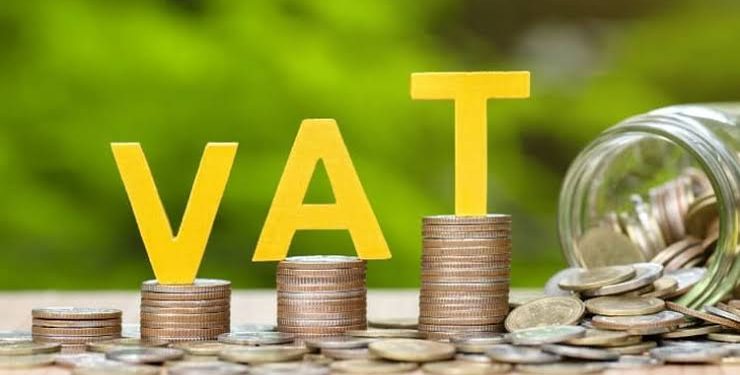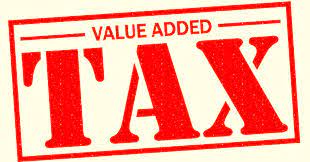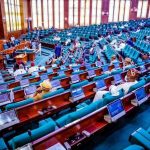The Nigeria Economic Summit Group (NESG) has cautioned that the Federal Government could face revenue shortfalls if it does not increase the Value Added Tax (VAT) rate as part of ongoing tax reforms.
Speaking at a media session in Abuja, NESG CEO Dr. Tayo Aduloju stressed that while reforming the VAT system is crucial, maintaining the current rate without an increase could lead to significant revenue losses. He explained that the government must strike a balance between simplifying the tax system and adjusting the VAT rate to sustain its financial stability.
Aduloju noted that while reducing the number of taxes is a positive step, failing to adjust VAT could weaken the government’s revenue base. He suggested that even if a rate increase is delayed by three years, improving tax efficiency would still make Nigeria more attractive for investment.
Beyond taxation, he emphasized the need to unlock investment opportunities by addressing legal, regulatory, and policy barriers. He also highlighted the importance of aligning monetary and fiscal policies to tackle inflation, particularly the impact of high energy costs and inefficiencies in the petroleum sector.
However, the proposal to raise VAT has met resistance. The Trade Union Congress of Nigeria and the Nigeria Governors’ Forum warned that higher taxes could worsen economic hardship. The House of Representatives has also rejected a plan to gradually raise VAT to 15% by 2030, opting to retain the current 7.5% rate.










